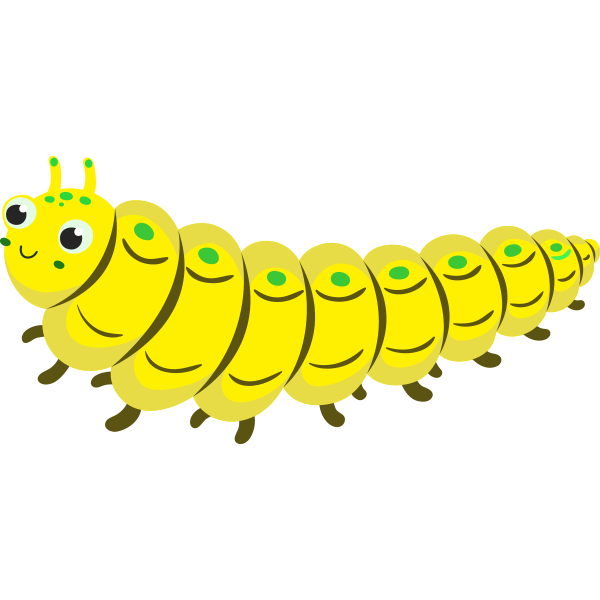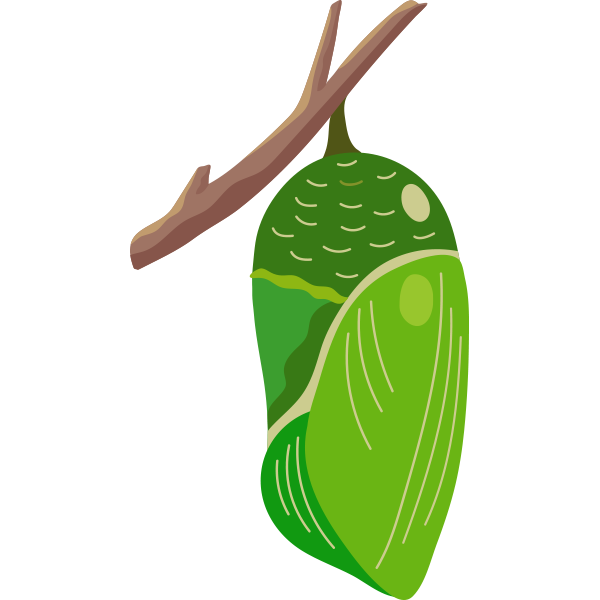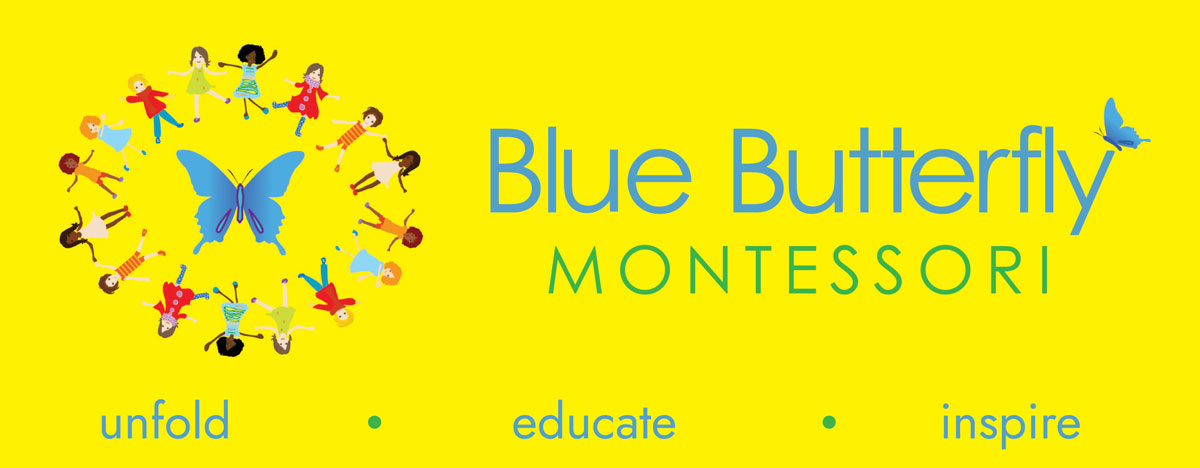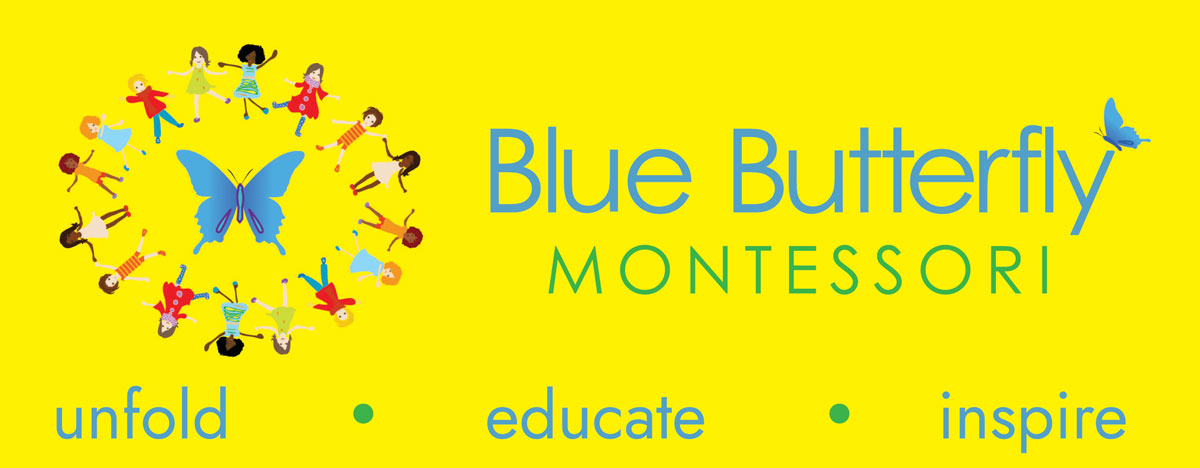THE EARLY YEARS FOUNDATION STAGE
At Blue Butterfly, we understand that every step your child takes on their learning journey is important. We aim to embed values from as early as 3 months old through to five years that will contribute to our children aspiring to become well-rounded & well-educated young people.
Our daily planning and learning style are centred around the Early Years Foundation Stage (EYFS) curriculum, which includes the following seven areas of learning:
In addition to this wide curriculum, we incorporate ‘In the Moment Planning’; which documents child and adult led activities. We often find that when children present independence and are encouraged to select their own learning focus, they maintain higher levels of interest and engagement.
Staff will observe and interact with children as they pursue their own interests and will build on these experiences’ day by day through adult-led intervention as well as choregraphing special events and celebrations. We very much believe in the ethos of “Observe today, Plan tomorrow”.





Characteristics
The Characteristics of Effective Learning describe behaviours children use to learn. To learn well, children must approach opportunities with curiosity, energy, and enthusiasm. Effective learning must be meaningful to a child, so that they are able to use what they have learned and apply it in new situations. These abilities and attitudes of strong learners will support them to learn well and make good progress in all the Areas of Learning and Development.
Playing and Exploring
Play acts as a catalyst for active learning, creating, and thinking critically and it is often through play that children will choose to engage at the edge of their ability, thus challenging themselves and further developing their learning power
Active Learning
Creating and Thinking Critically
Babies and young children have an inbuilt drive to learn more about their world. To make the most of their opportunities, they need a willingness to engage in learning through play and exploration and the ability to control their thinking so that they can process information and develop their ideas. Creating and thinking critically refers to children creating ideas, thinking flexibly, and drawing on their previous experiences and then using a rational approach, or thinking critically to choose the best idea to solve a problem
Prime Areas
The three prime areas are important for learning and foaming relationship. They build a foundation for children to thrive and provide the basis for learning in all areas. These primes areas are:
Communication and Language
Children’s back and forth interactions from an early age form the foundations for language and cognitive development. Through storytelling, conversations, and role play, where children share their ideas with support and modelling from their teacher, and sensitive questioning that invites them to elaborate. Children become comfortable using a rich range of vocabulary and language structure.

Physical development
Physical activity is vital in children’s all-round development, enabling them to pursue happy, healthy, and active lives. Gross and fine motor experience develop incrementally throughout early childhood, starting with sensory experiences and the development of a child’s strength, co-ordination, and positional awareness through tummy time, crawling and play movement with both objects and adults. Fine motor control and precision helps with hand-eye co-ordination, which is later linked to earl literacy.
Personal, social, and emotional development
Children’s personal, social, and emotional development is crucial for children to lead healthy and happy lives and is fundamental to their cognitive development. Underpinning their personal development are the important attachments that shape their social world. Strong, warm, and supportive relationships with adults enable children to learn how to understand their own feelings and those of others. Through adult modelling and guidance, they will learn how to look after their bodies, including healthy eating, an manage personal needs independently. Through supported interaction with other children, they learn how to make good friendships, co-operate, and resolve conflicts peacefully.
Specific Areas
The four specific areas support children to help strengthen and develop the three prime areas and ignite children’s curiosity and enthusiasm. The specific areas are:
Literacy
It is crucial for children to develop a life-long love of reading. Reading consists of two dimensions: language comprehension and work reading. It only develops when adults talk with children about the world around them and the books they read with hem, and enjoy rhymes, poems, and songs together.

Mathematics
Developing a strong grounding in number is essential so that all children develop the necessary building blocks to excel mathematically. Children should be able to count confidently, develop a deep understanding of the number to 10, the relationships between them ad the patterns within those numbers. It is important that children develop positive attitudes and interests in mathematics, look for patterns and relationships, spot connections, ‘have a go’, talk to adults and peers about what they notice and not be afraid to make mistakes.
Understanding the world
Understanding the work involves guiding children to make sense of their physical world and their community. The frequency and range of children’s personal experiences increases their knowledge and sense of the world around them-from visiting parks, libraries, and museums to meeting important members of society such as police officers, nurses and firefighters. Enriching and widening children’s vocabulary will support later reading comprehension.
Expressive arts and design
The development of children’s artistic and cultural awareness supports their imagination and creativity. It is important that children have regular opportunities to engage with the arts, enabling them to explore and play with a wide range of media and materials. The quality and variety of what children see, her and participate in is crucial for developing their understanding, self-expression, vocabulary, and ability to communicate through arts.

The Early Learning Goals
The level of development children should be expected to have reached by the end of the EYFS is defined by the Early Learning Goals (ELGs). Blue Butterfly Montessori may need to use the ELGs to complete the EYFS Profile Assessment for children aged 4-5 if this is not being done in reception year at school.
The Early Learning Goals support practitioners to make a holistic, best-fit judgement about a child’s development at the end of the EYFS, and their readiness for year 1. They support our curriculum and wide variety of rich experiences that we provide children.

